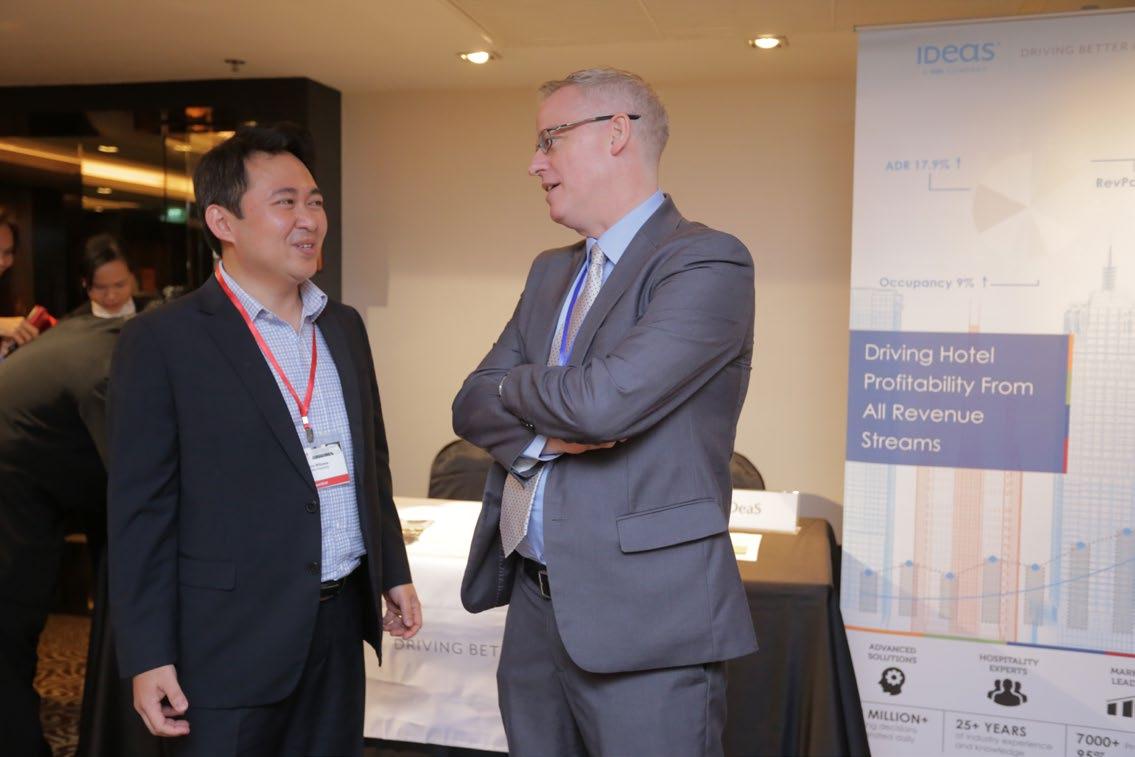
6 minute read
HOTEL MANAGEMENT THAILAND SUMMIT 2016, THE GALLERY
HOT | Gallery
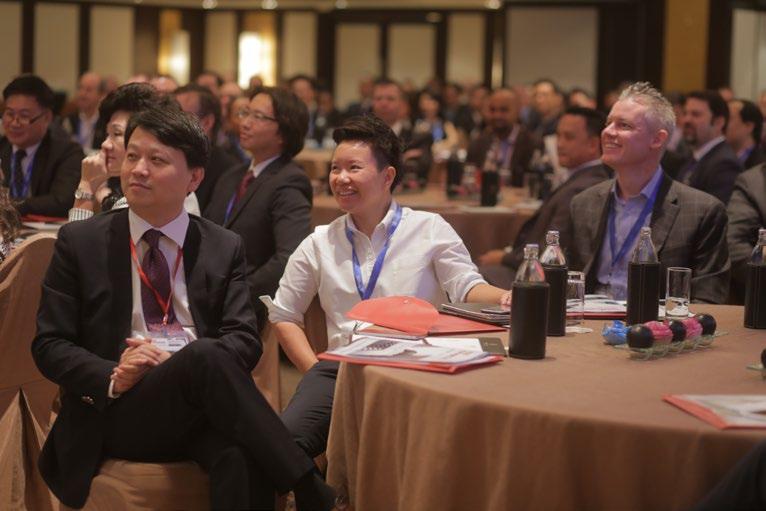
Advertisement
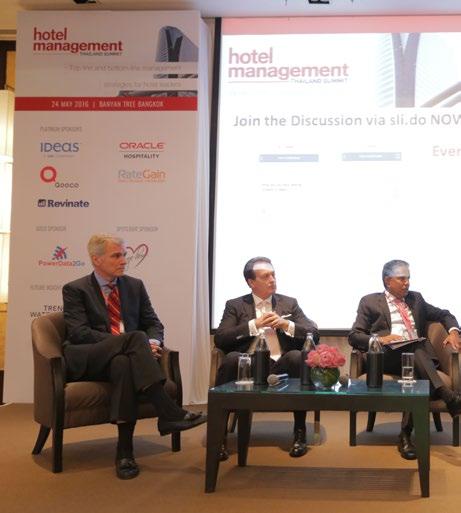
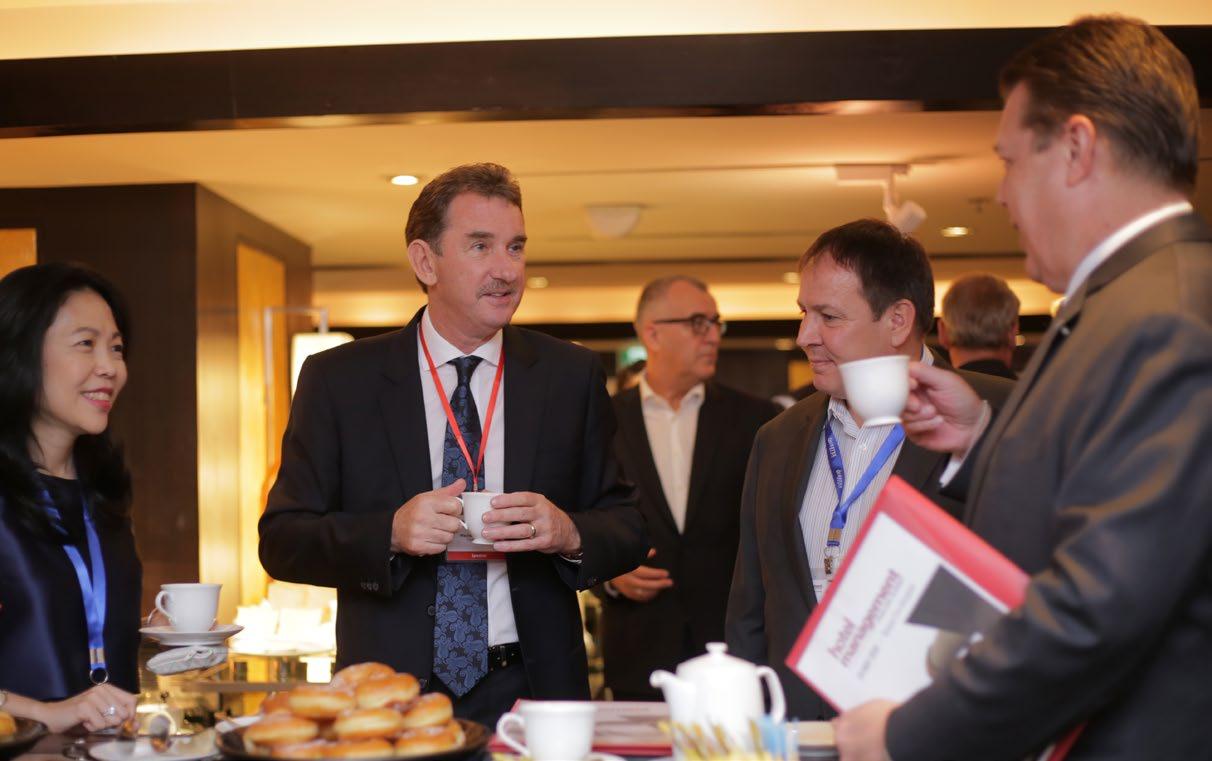

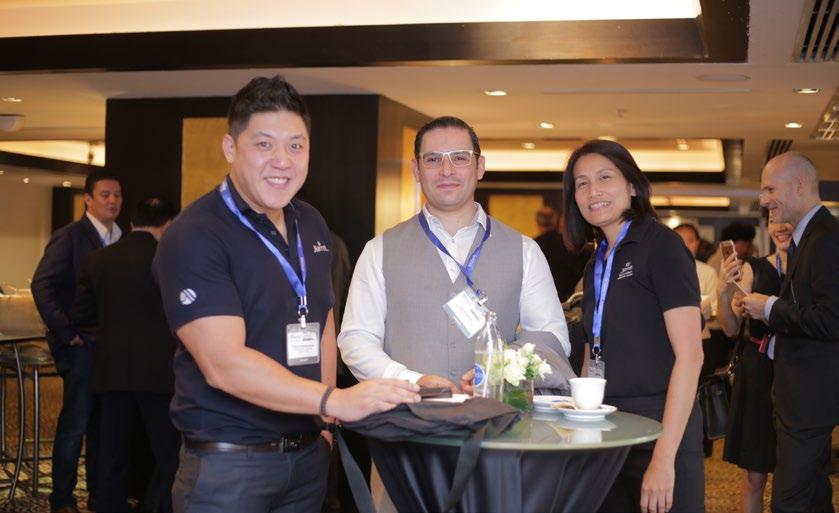
HOT | Gallery


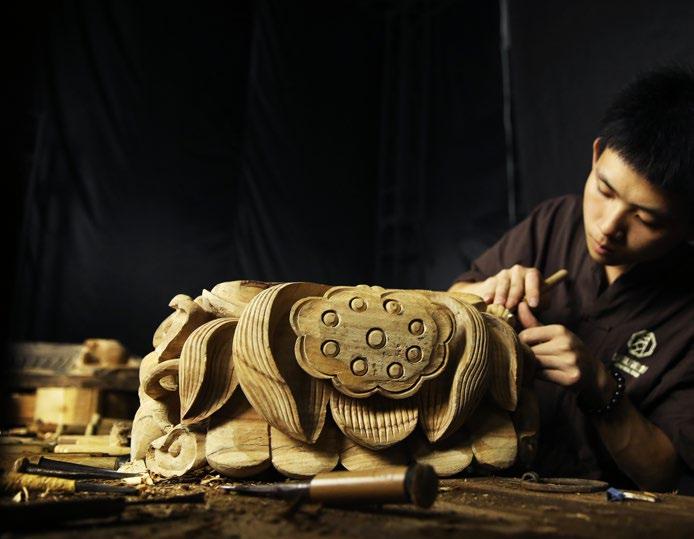

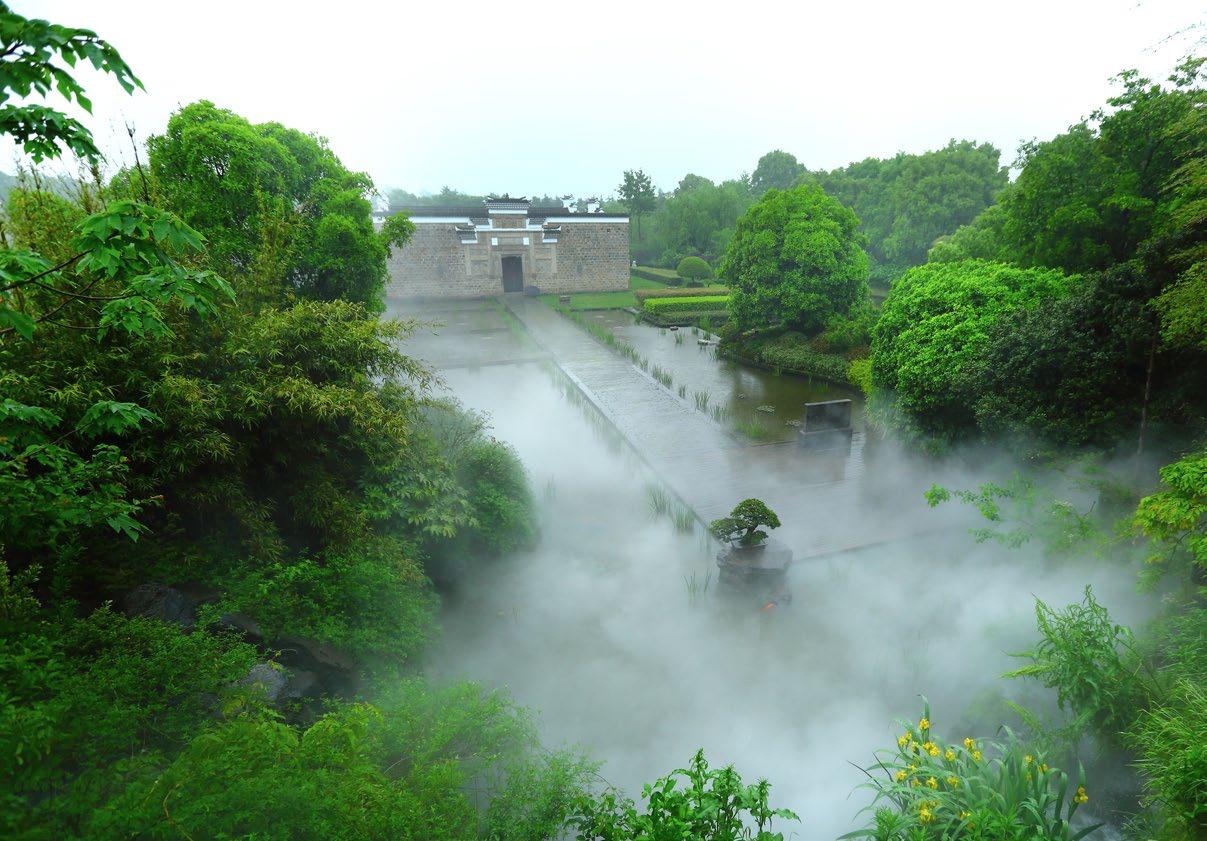
HOT | Opening
SOFT OPENING of ROYAL TULIP VISESA UBUD
The soft opening of Royal Tulip Visesa Ubud on 1st July 2016 is set to bring an exciting new hospitality concept to the island of Bali. Managed by Louvre Group, the property covers 6.5 hectares of prime rural landscape. It has been designed to recreate the harmony of a traditional Balinese village in a conscious effort to respect the surrounding environment.
Accommodation at Royal Tulip Visesa Ubud is a collection of 66 Pool Villas and 40 Suites scattered across the resort and connected by a series of winding pathways. All suites are located in a separate threestorey wing with refreshing jungle or rice field views. Elegantly-appointed one and two bedroom villas are also available promising privacy and well-deserved relaxation,
A number of supporting facilities are set to open over the coming months to further anticipate the needs of in-house guests. Padi Restaurant will offer Indonesian fine dining experiences in an uplifting setting over looking the valley. It will feature a menu driven entirely by fresh ingredients that have been grown with integrity onsite at Royal Tulip Visesa Ubud.
The resort’s spa facility will be founded on Bali’s traditional healing legacy that has been passed down through many generations. A nurturing menu of holistic spa services will use natural products to promote body, mind and spirit rejuvenation. The spa will also be complemented by a range of wellness practices including yoga, meditation and a local style of tai chi.
The launch of Royal Tulip Visesa Ubud involves a pioneering hospitality concept known as Desa Visesa, which means Visesa Village. This is an initiative created to offer guests a comprehensive array of cultural, wellness and farming experiences that are based on Bali’s traditional heritage and ceremonial way of life.
At the resort, Desa Visesa will provide uplifting activities to take curious guests on a journey that explores the island’s culture, nature and spiritual nuance through respectful interactions with the local community. Engaging pastimes such as making offerings, dance lessons and water blessing ceremonies will enable guests to experience Bali’s traditions on a more personal level. There’s also a choice of insightful activities like rice field treks and cycling excursions as well as guided tours to local sites of interest.
Essentially, Royal Tulip Visesa Ubud aims to become an iconic place to stay as well as a centre of Balinese learning and healing. It will teach guests and members of the local community to live as one with nature and preserve cultural traditions that are under threat from the modern world. A unique Royal Tulip Visesa Ubud membership card will enable visitors to become a part of this movement and participate in activities that they would not typically get to experience at other hotels on the island of Bali.
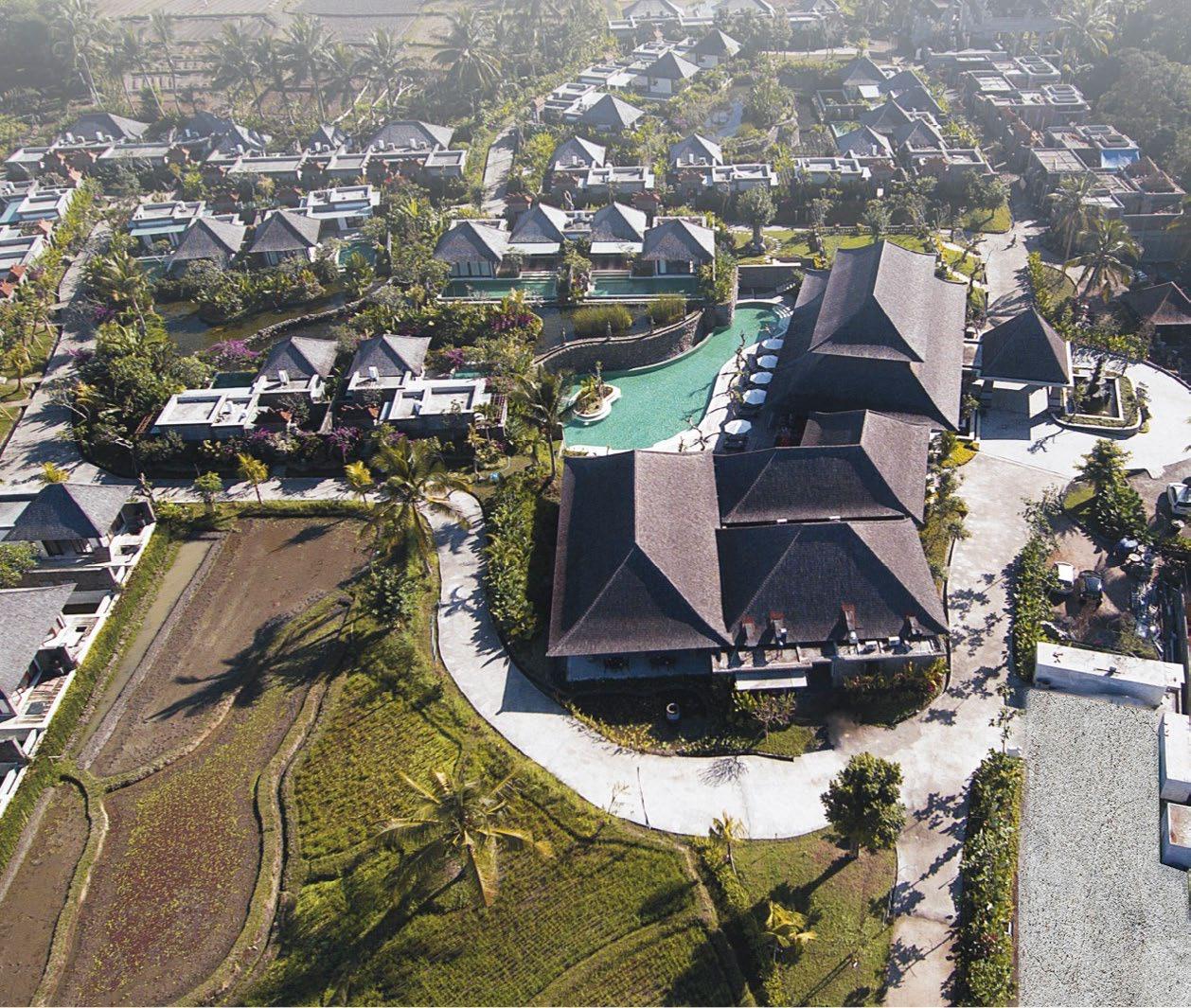
HOT | events
Investigating Overseas and Navigating Risks in ASEAN Markets Highlighted at Recent Hotel Investment Conference
Bangkok, Thailand, Hotel investors and developers, experts and specialists within Asia Pacific gathered at the 8th annual Asia Pacific Hotel Investment Conference 2016. Held at the DusitThani Bangkok for the fourth year in a row, the conference welcomed more than 200 delegates to discuss various topics that affect the hotel industry in Asia Pacific including global investment opportunities, strategies, and partnerships.
Aileen Clemente, President, ASEAN Tourism Association opened the conference where she describes today's tourism as a fire: it can cook the meal or burn the house in her welcome address. With compressing yield in Asia, private investors and family offices are searching overseas for opportunities.
Assets in China’s domestic market are expensive,said Stephen Chi Hsu Chen, partner and managing director of Infinity Global Real Estate Advisors in a global opportunity panel. France had a yield of 5-6% and we thought that was quite good. The US and Europe markets are more stabilized and are prime for money preservation for the next three to five years. They then come back to China after the market has consolidated and cooled down.
Meanwhile, JuayHiang Tan, CEO of Ascendas Hospitality Trust mentioned that yield is not the only concern. It can be difficult when borrowing onshore emerging markets like Indonesia and India. For one, in India, the yield is 9% and that the borrowing cost is around 11-13%, which leads to negative carry.
But for Sanjay Singh, managing director of Fico Corporation, he prefers not having any leverage. As a long term holder, we want to be in assets that we think will be good in the long run, he said. Hunting for foreign opportunistic deals does not exempt anyone from risks. And within the past few years, political risk, inflation risk, currency risk and other hazards and disruptions have affected tourism everywhere. Hotel investors today are finding new ways to mitigate the impacts of various risks.
According to Greg Lapham, managing director, CIO, real estate APAC of BlackRock, China is stable because of the Five-Year plan. People to know where to go and they deliver. Chan Chee Kian, CIO of Ireka Development Management went further in addressing other risks. Getting the right location and de-risking from the start are essential. The biggest risk is to be stuck in the wrong cycle because construction cycle could take up to five years. In addition, lending situation is slowing down, according to Faez Jumabhoy, managing director and head of real estate of CIMB Investment Bank. Bankers are now “linking capital to developers to increase liquidity.
Other topics covered in the conference included “ Innovations and Developments in Hospitality Education to Sustain Regional Hotel Industry;
Do Large Hotel Groups Really Offer Premium Brand Value to Hotel Owners and Investors,and Deriving Matching Brand Positioning, Design and Amenities that Attract the Core Targeted Customers.
To have a world-class conference like this one in Bangkok is a real benefit for the industry. Having this conference and this stature is good for the market and for our companies as well,said Simon Landy, executive chairman of Colliers International Thailand.
APHIC will return to Bangkok in May 2017. For more information, visit http://ihif.questexevents.net
About Questex Hospitality + Travel
The Questex Hospitality + Travel Group of Questex LLC serves the worldwide hospitality, travel and related industries that together contribute over $6 trillion to the global gross domestic product.
Through an innovative platform of targeted solutions, the group serves the sector’s entire ecosystem, from tourism and hotel development and investment to hotel design, purchasing, management and operations.
The Questex Hospitality + Travel Group supports every B2B segment of the industry, from investment and development to management operations, sales and marketing of hospitality and travel products to destination development and marketing, via proven demand generation, learning, loyalty and rewards solutions as well as a network of live events. This division of Questex is aligned around three broad market segments – hospitality, travel and meetings – and supported by its digital media staff.



